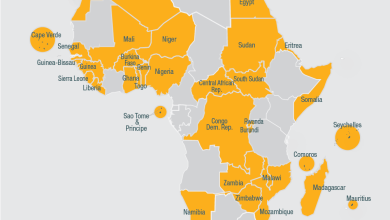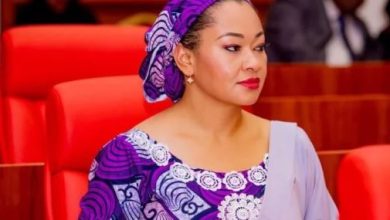Real Estate And Crop Production Take the lead as Nigeria’s Economic Powerhouses Shift

The Nigerian economy is undergoing a transformation as crop production, trade, and real estate emerge as its largest contributors, surpassing crude oil in the rebased Gross Domestic Product (GDP) and Consumer Price Index (CPI).
The National Bureau of Statistics (NBS) has disclosed that this development reflects a significant shift in the nation’s economic structure.
The rebased GDP and CPI, set to be officially launched by the end of January 2025, use 2019 as the new base year, replacing 2010. With this update, real estate has displaced crude oil and natural gas processing from its former position among the top three contributors to Nigeria’s economy, pushing it to fifth place. Telecommunications, construction, and food production, alongside beverages and tobacco, also stand as major pillars of economic activity.
At a workshop held in Lagos by the Nigerian Economic Summit Group and the NBS, the Statistician General of the Federation, Adeyemi Adeniran, emphasized the importance of the rebasing exercise. He described it as a critical step to ensure that Nigeria’s economic data reflects its current realities, including emerging industries and updated consumption patterns. Adeniran noted that accurate and timely data collection is essential for driving national progress, informing policies, and fostering sustainable growth.

The rebasing process follows international recommendations from the United Nations Statistical Commission, which advises countries to update their economic metrics every five years. The last time Nigeria undertook this exercise in 2014, the results were groundbreaking—an 89% surge in GDP positioned the country as Africa’s largest economy.
This latest rebasing exercise goes beyond traditional measurements, incorporating previously underrepresented sectors such as the digital economy, modular refineries, pension fund administration, and the national health insurance scheme. According to Moses Waniko, Technical Assistant to the Statistician General, the updated GDP will provide a clearer trajectory for economic growth and development planning. Waniko noted that the larger GDP size could positively influence critical metrics such as the tax-to-GDP ratio, debt-to-GDP ratio, and per-capita income.

Chief Executive of the Nigerian Economic Summit Group, Tayo Aduloju, highlighted the broader implications of this recalibration. He likened the rebasing to “cleaning the lenses” through which the economy is viewed, offering a sharper, more accurate representation of its size and potential. He pointed out that the 2014 rebasing exercise not only revealed the true scale of Nigeria’s economy but also underscored its evolving capacity in a rapidly changing global landscape.
As Nigeria continues to adapt to these shifts, the rebased GDP promises to reshape perceptions of the nation’s economic powerhouses, laying the groundwork for strategic planning and more effective governance in an increasingly dynamic environment.





